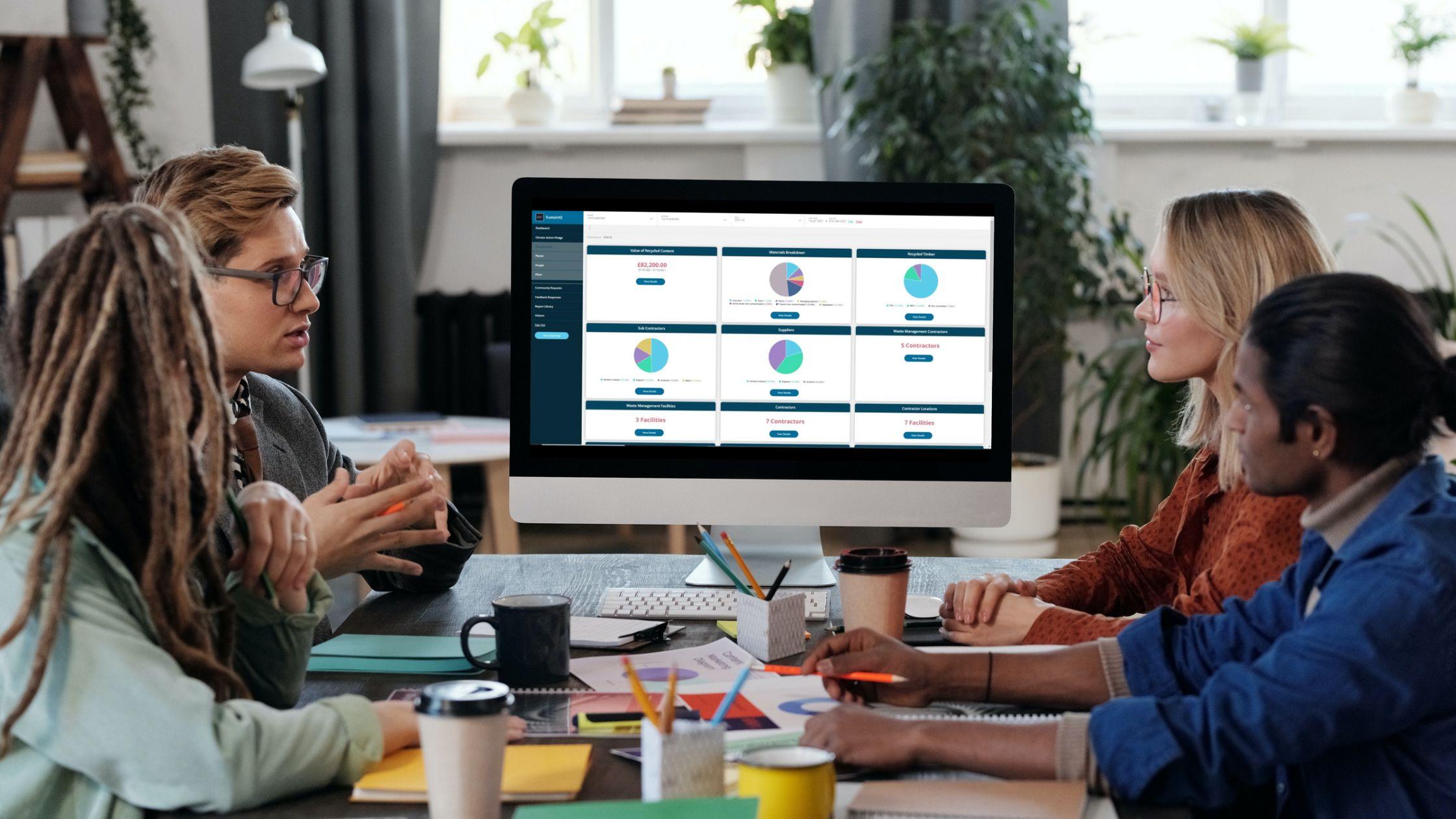Jan 18, 2023 | Gillian McKee
Despite growing focus on the importance of nature in recent years, many businesses still struggle to grasp their dependency on it if the connection isn’t explicit and direct. Agriculture, construction, and the food & beverage sector are obvious nature-dependent candidates, but the supply chains of many other industries also rely on nature and its services.
The New Nature Economy Report released in 2020 analysed 163 sectors and found that over half the world’s GDP is either moderately or highly dependent on ecosystem services such as pollination, water quality and disease control, not to mention the goods and materials from nature itself. Given that nature is under severe threat and scientists agree we are at the start of the sixth great mass extinction, this is an issue that businesses need to pay more attention to.
It's also a global issue that is equally as important as tackling climate change, but it hasn’t enjoyed the same degree of business focus in recent years.
What is the Global Biodiversity Framework (GBF)?
At the Biodiversity Cop 15 in Montreal last month, countries around the world agreed on a new deal to halt biodiversity loss by 2030. This is known as the Global Biodiversity Framework (GBF). Over the next seven years, countries will be working on ambitious plans to protect 30% of the planet’s nature and biodiversity, signalling major changes to business supply chains, farming and conservation. This means countries will need to show progress annually to meeting the targets within national biodiversity plans and this will only be possible with input and support from businesses.
Increasing demands for disclosure
Expect to see legislation and regulation on biodiversity and nature impacts increasing in the years ahead, starting with the TNFD, due to be published later this year. The TNFD (Taskforce on Nature-related Financial Disclosures) is a global risk management and disclosure framework for organisations to report and act on nature-related risks facing their business.
The framework is currently out for consultation, with proposed metrics for disclosure expected in March 2023. While it won’t be mandatory to start with, it is likely that investors and public sector customers may increasingly require organisations to disclose against the TNFD framework.
Construction or development companies operating in England will already be familiar with increasing demands around protecting biodiversity through the Biodiversity Net Gain approach. Expected to become mandatory later this year, BNG is incorporated within the Environment Act and requires developers or landowners to leave the natural environment in a measurably better state after any development work.

The need for data
All of this means companies will need to be gathering and monitoring data around biodiversity and nature impacts so they can disclose when required and can also use the framework to manage risks in materials and supply chains that are nature-dependent.
Although the level of dependency on nature will vary from sector to sector, biodiversity loss is an acute risk for all businesses. Arguably as great a risk as climate change and of course the two are inextricably linked. Deloitte has distilled some of the key considerations for business into three key points:
Really understand your value chain and nature-related dependencies within it
Look at adopting a risk management framework like that proposed by the TNFD or the Natural Capital Protocol to help with this.
Work with peers and suppliers to influence nature-related risks and opportunities
Some sectors would benefit from a systems-based approach where collaborating to address the issue could bring the greatest benefit to all stakeholders.
Think about setting ambitious targets according to best practice frameworks
Targets will help focus your mind on understanding your risks and taking action to mitigate further damage – for your business or the natural environment.
Data will be key to addressing any of these considerations, which makes the fact that the SustainIQ platform has a biodiversity module already built in, particularly helpful. Using SustainIQ’s biodiversity reporting, you can log ecology surveys, track initiatives in real-time across all sites and locations and leave the calculation of biodiversity net gain to our all-in-one software solution. With SustainIQ, your business will be compliant with emerging legislation well ahead of time.
Discover how our Environmental Management pillar could help you, or contact us today for a no-commitment chat.
All of this means companies will need to be gathering and monitoring data around biodiversity and nature impacts so they can disclose when required and can also use the framework to manage risks in materials and supply chains that are nature-dependent.
Although the level of dependency on nature will vary from sector to sector, biodiversity loss is an acute risk for all businesses.
